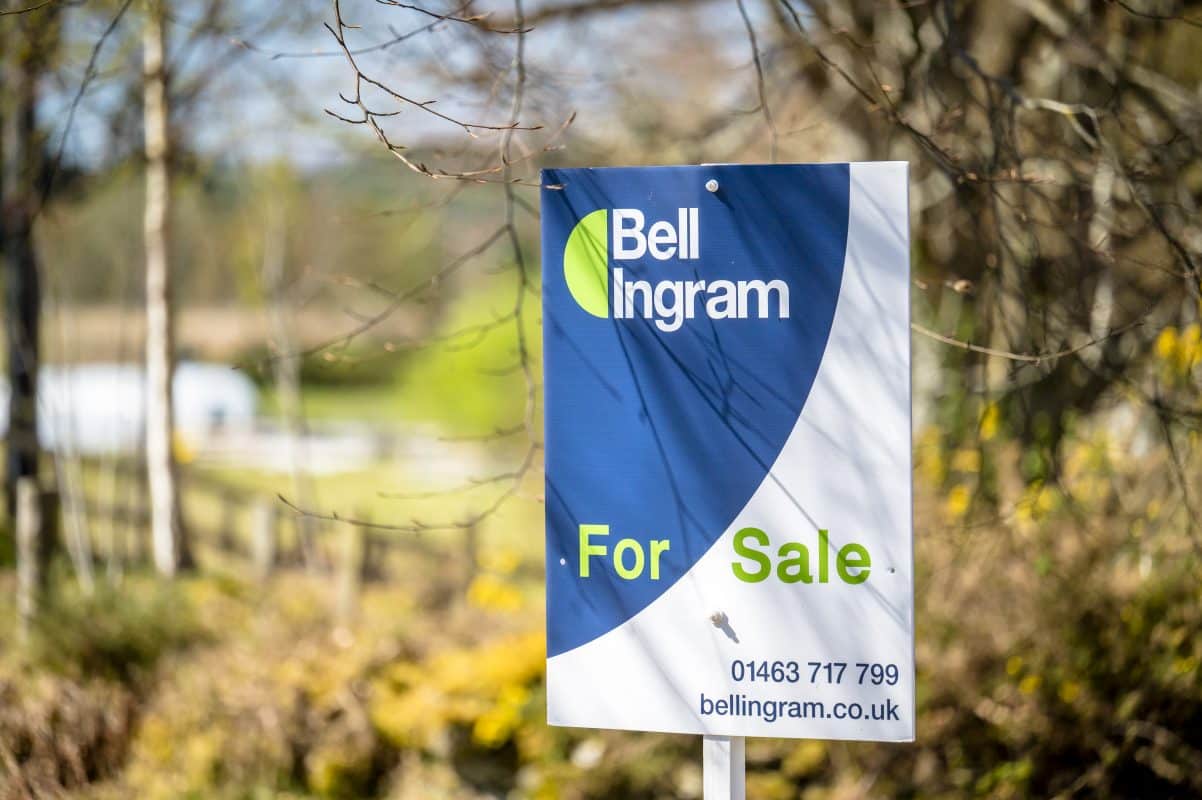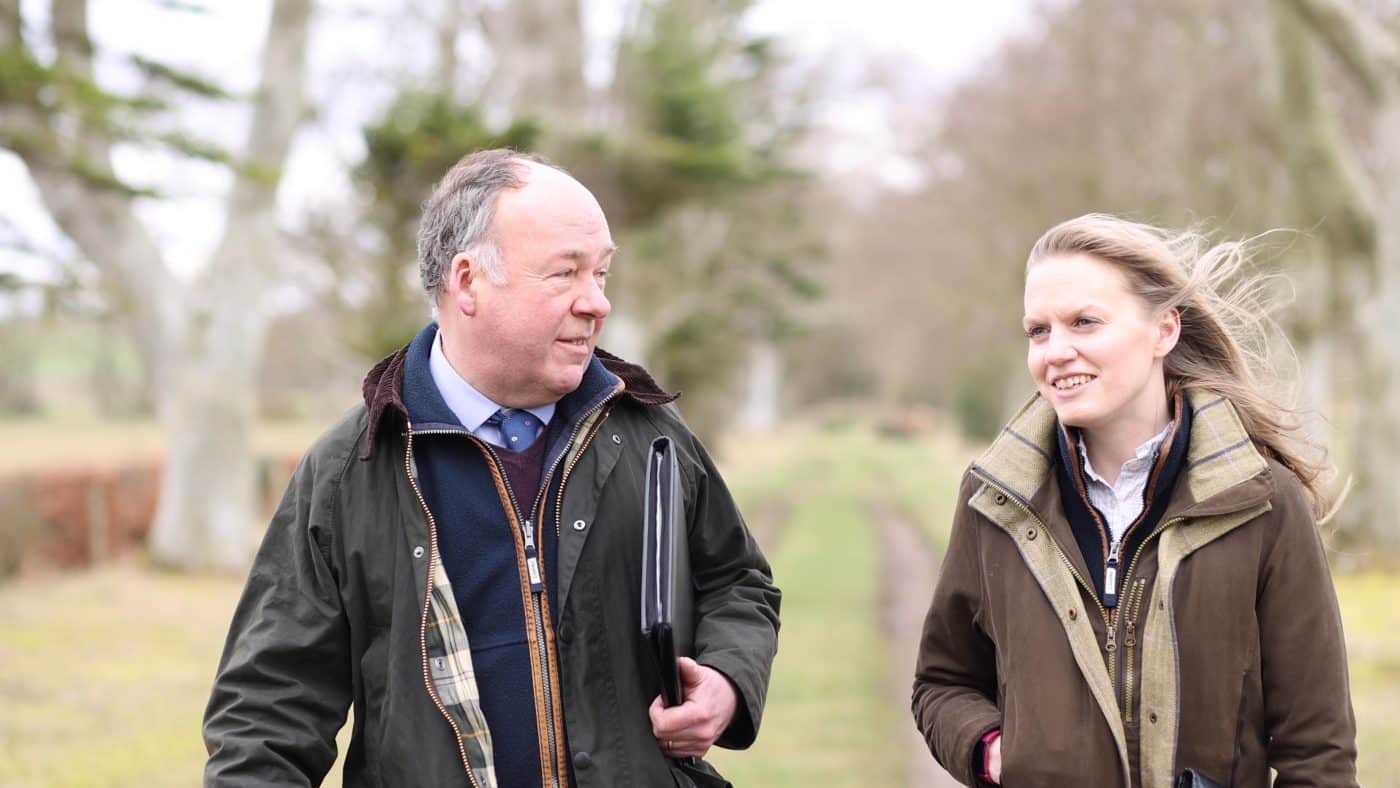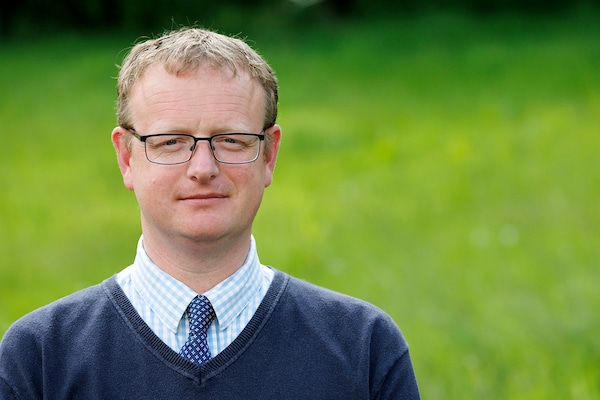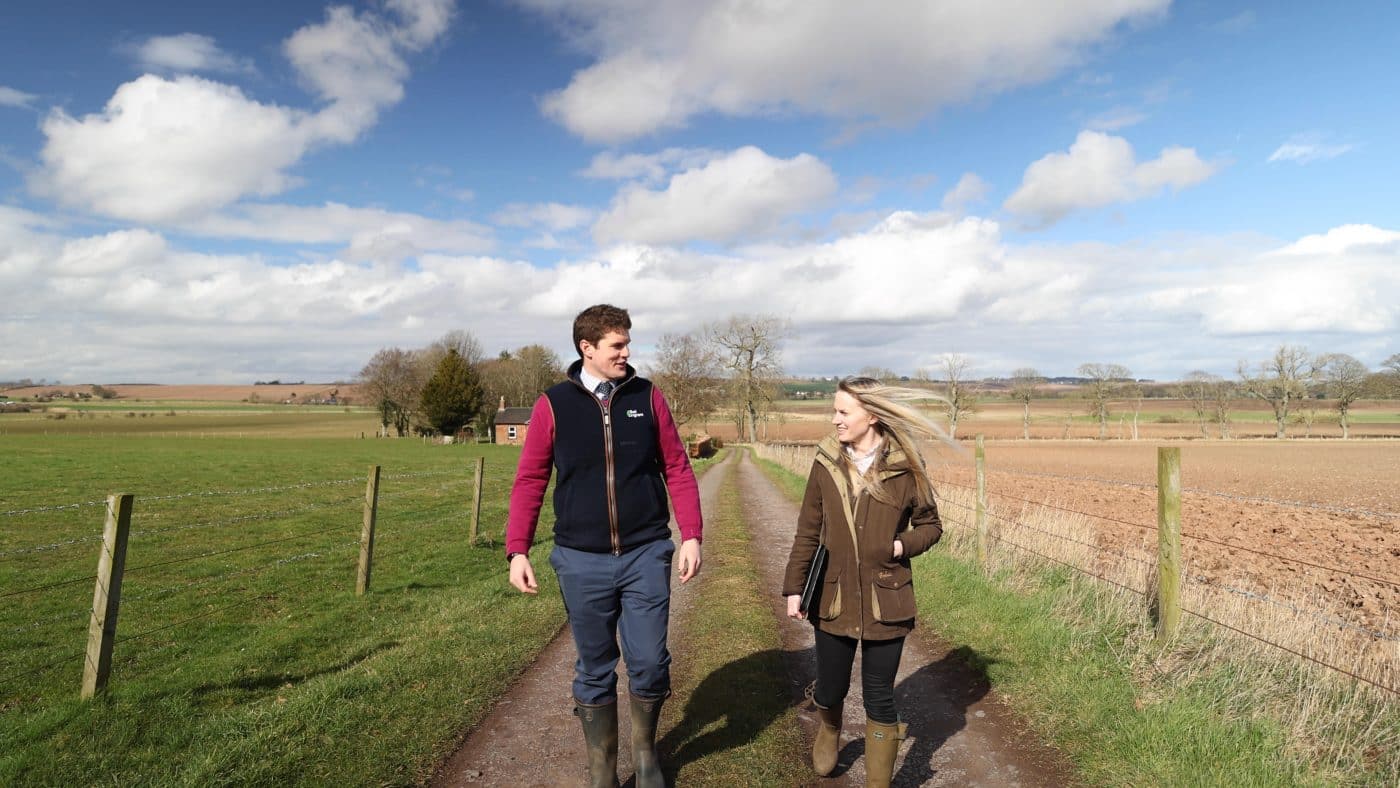Meet the Land Agent: Catherine Lawson
Life as a Bell Ingram Land Agent offers variety and progression says Senior Associate, Catherine Lawson.
What is your background?
I am from a farming background and grew up on a farm in North Yorkshire.
Once I left school I went to the Scottish Agricultural College at Auchincruive in Ayrshire to study Rural Tourism. After I graduated I worked at a grain lab in Bedfordshire, having spent all my summers before and during my Degree doing the same. I quickly realised I needed office experience if I wanted to move away from seasonal grain lab work and I got a job as a receptionist and typist at a holiday park company.
While working for that company I quickly realised I wanted to work in the rural/agricultural sectors and in particular the rural surveying sector.
What qualifications did you need to become a Land Agent?
I needed to have a RICS accredited qualification to be able to work towards my RICS Assessment of Professional Competence (APC).
Having obtained a non RICS accredited University of Glasgow First Class Rural Tourism honours degree at the Scottish Agricultural College (now SRUC), I went on to complete a Post Graduate Diploma in Surveying through the College of Estate Management which gave me the necessary accredited qualification. This was completed part time via distance learning, while I also worked full time.
What’s been your career path?
I was given a great opportunity working as a Farm Secretary in Leicestershire for a national firm of Surveyors while I completed my Post Graduate Diploma. This gave me a lot of experience in all the administration involved in farm and estate management, as well as a greater knowledge of the rural property sector. It also made me realise that I had chosen the right career path and I knew that I wanted to go on and qualify as a Chartered Surveyor.
Once I completed my Post Graduate Diploma I planned my move back to Scotland and accepted a job at Bell Ingram as an Assistant Land Agent, based in the Perth office. I passed my APC and CAAV exams two years later in November 2016 and then moved to the Forfar office in June 2019 where I am now a Senior Associate.
What’s the biggest misconception of the job?
I think alot of people assume that we are always out of the office visiting clients and properties. While we are fortunate to do this a lot, we actually spend the majority of our time in the office, writing reports and providing advice. Now, with the use of Microsoft teams/zoom we find ourselves out of the office even less as online meetings become easier and more time efficient for everyone involved.
What do you enjoy about the job?
The variety of the workload is one of the best parts of the job. You never know what your day will bring and where in the country it might take you. There are often times when you are driving to a property or walking around some fields, that you have to remind yourself that you’re actually being paid to be there.
It is also a great feeling when you know the advice you have given or the report you have written has helped someone achieve their goals too.
At Bell Ingram I think we are very fortunate to have a great network of colleagues who are all happy to help and share their knowledge and experiences, which can be really useful when dealing with tricky or unusual situations. There is also a really positive workplace culture which makes turning up to the office, even on a sunny Monday morning, enjoyable.
What’s your advice to those thinking of entering the profession?
Do it! If you have a love for the countryside and are looking for great career progression opportunities and variety in your work then it’s definitely a profession you should consider. The enjoyment you get from it can’t be matched.
For more information about becoming a Land Agent and Life at Bell Ingram contact careers@bellingram.co.uk
Our people

Catherine Lawson
Senior Associate, MRICS FAAV
Rural Land Management, Valuations
Tel: 01307 462 516
About: Catherine is a highly qualified RICS Chartered Surveyor and Registered Valuer working across Perthshire and Angus advising on all aspects of rural estate management, farm management, residential property management and lettings. She joined Bell Ingram in 2014 working in the Perth office before moving to the Forfar office in 2019. As a farmer’s daughter from Yorkshire and now living on a farm in Angus, along with a degree in rural tourism management, Catherine can offer assistance on a variety or rural matters. Interests: Lettings, Rural Land Management, Tourism.















